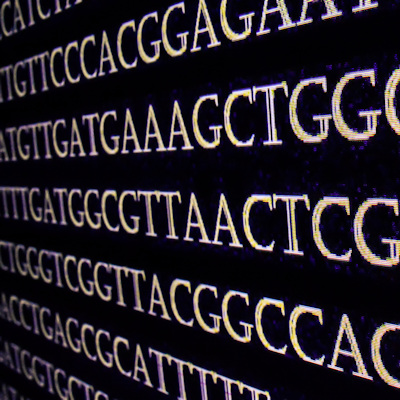February 9, 2023 -- Researchers from Rady Children’s Institute for Genomic Medicine have found that the genetic disease contribution to infant deaths is higher than expected.
One implication of their study, published on Thursday in JAMA Network Open, is that neonatal diagnosis strategies have the potential to decrease mortality during the first year of life.
Infant mortality in the U.S. remains high, at approximately one in 200 live births. For decades, congenital malformations and chromosomal abnormalities have been the leading cause of mortality, accounting for more than one-fifth of infant deaths, followed by prematurity, pregnancy complications, and sudden infant death syndrome (SIDS).
Understanding the causes of infant mortality shapes public health, surveillance, and research investments. As the association of single-locus (Mendelian) genetic diseases with infant mortality is poorly understood, researchers sought to investigate this association.
The cohort study was conducted at Rady Children's Hospital in San Diego, California, and included 546 infants. Of these, there were 434 infants (79.5%) with acute illness who survived, and 112 infant deaths (20.5%). All infants underwent diagnostic whole-genome sequencing between January 2015 and December 2020, either premortem or postmortem, with semi-automated phenotyping and diagnostic interpretation.
Among the findings:
- Single-locus genetic disease were the most common identifiable cause of infant mortality (41%), with 47 genetic diseases identified in 46 infants.
- 39 (83%) of these diseases had been previously reported to be associated with childhood mortality.
- 28 death certificates (62%) for 45 of the 46 infants did not mention a genetic etiology.
- Treatments that can improve outcomes were available for 14 (30%) of the genetic diseases.
- In five of the seven infants in whom genetic diseases were identified postmortem, death might have been avoided had rapid, diagnostic whole-genome sequencing been performed at the time of symptom onset or intensive care unit admission.
To that end, in June 2022, Rady Children's Institute for Genomic Medicine announced a program to advance and evaluate the scalability of a diagnostic and precision medicine guidance tool called BeginNGS to screen newborns for approximately 500 genetic diseases with known treatment options using rapid whole-genome sequencing.
While current pediatric uses of rapid whole-genome sequencing focus mainly on children who are already critically ill, BeginNGS uses the technique to diagnose and identify treatment options for genetic conditions before symptoms begin.
Once a diagnosis is made, BeginNGS uses a "Genome-to-Treatment" tool to provide physicians with immediate treatment guidelines to help them understand the genetic conditions and available treatment options, which may include therapeutics, dietary changes, surgery, medical devices, or other interventions.
"Prior etiologic studies of infant mortality are generally retrospective, based on electronic health record and death certificate review, and without genome information, leading to underdiagnosis of genetic diseases," explained study co-leader Christina Chambers, PhD, in a statement. "By implementing broad use of genome sequencing in newborns we might substantially reduce infant mortality."
Copyright © 2023 scienceboard.net












